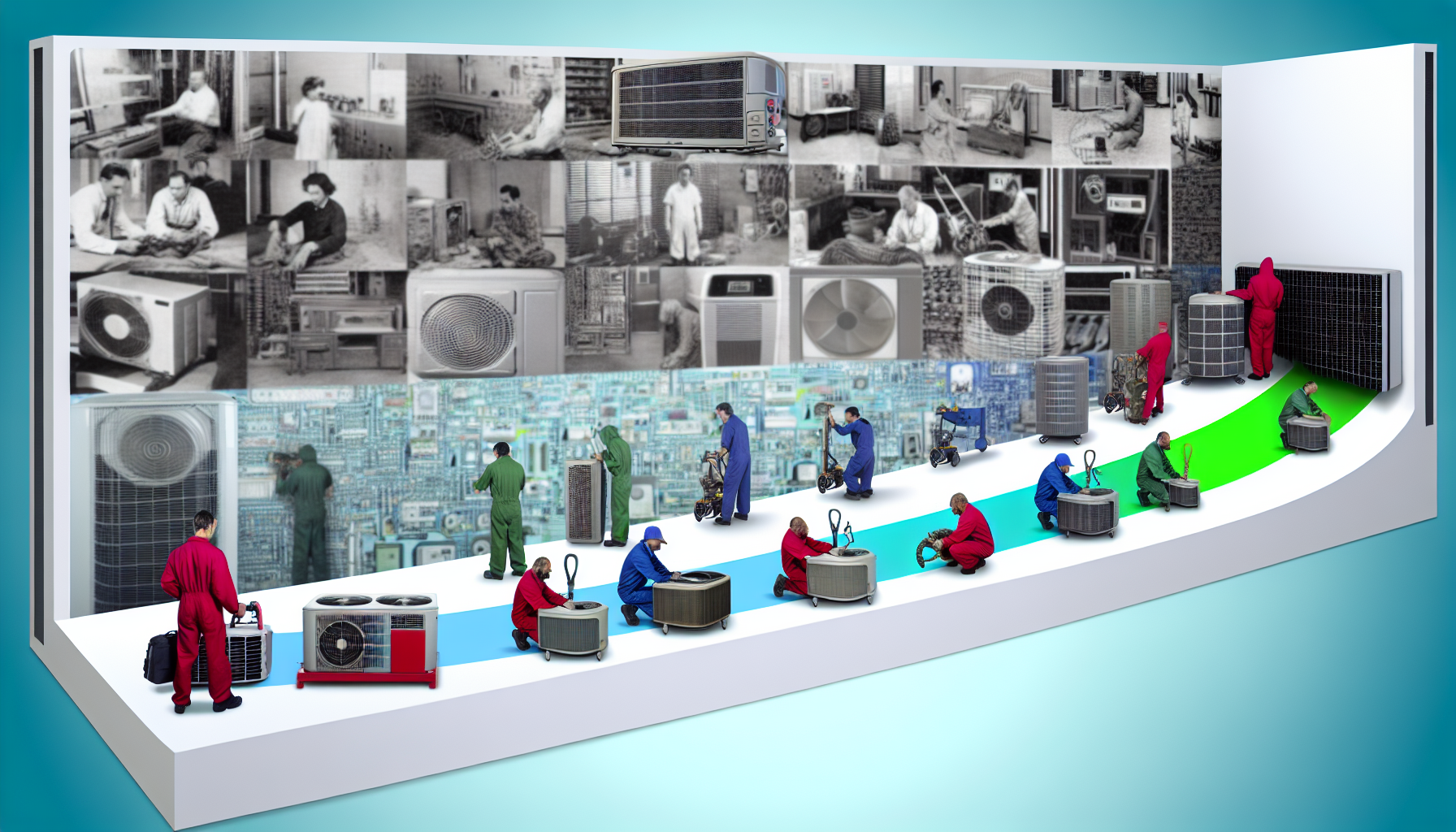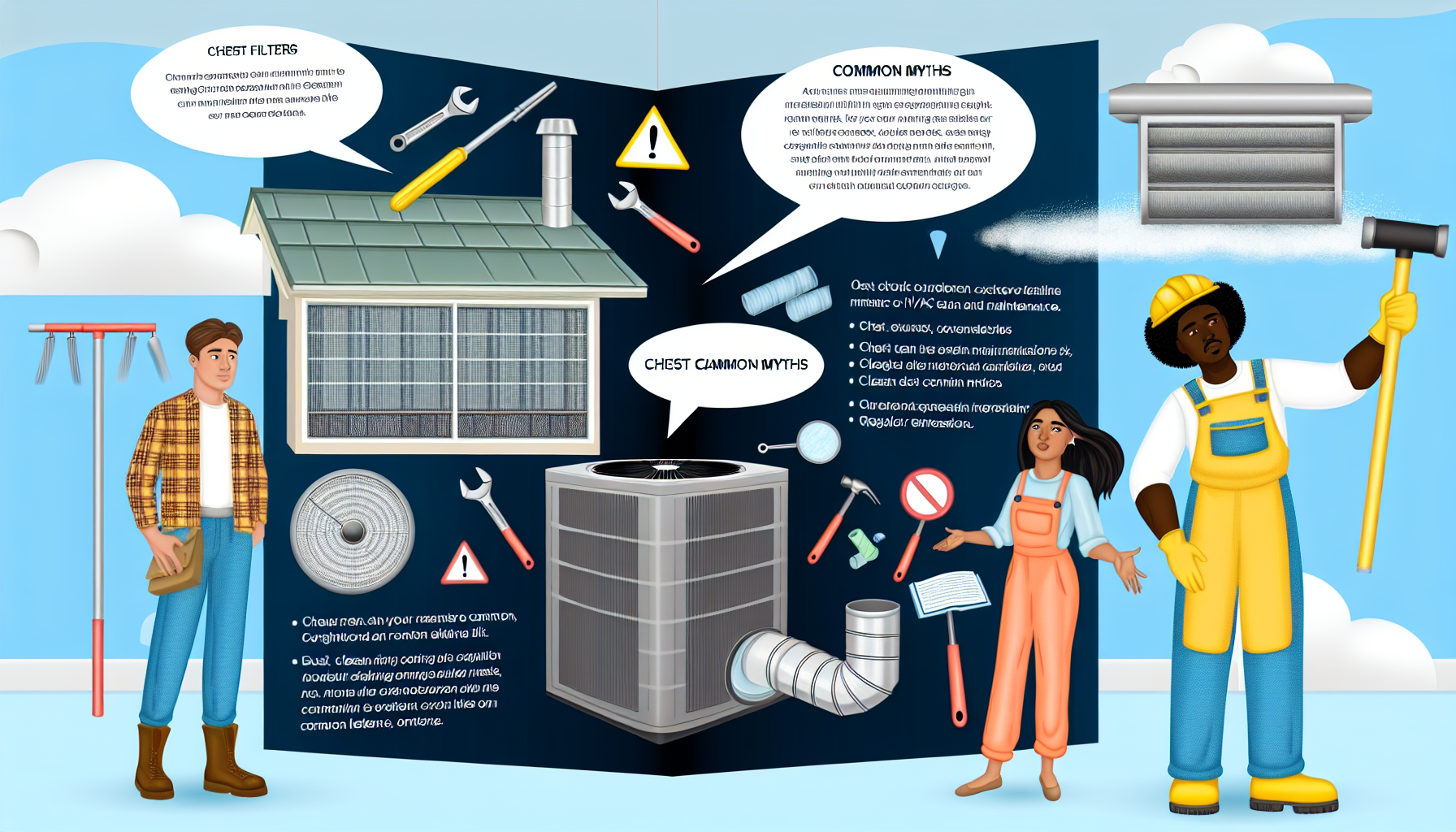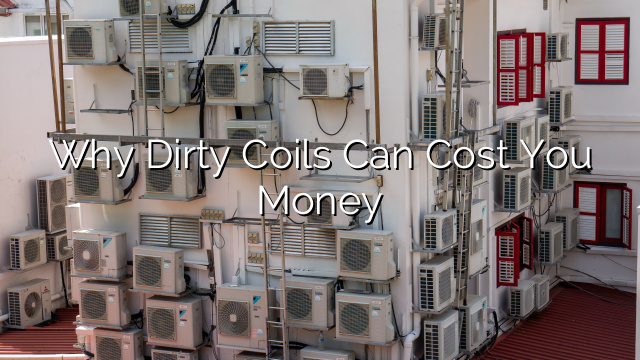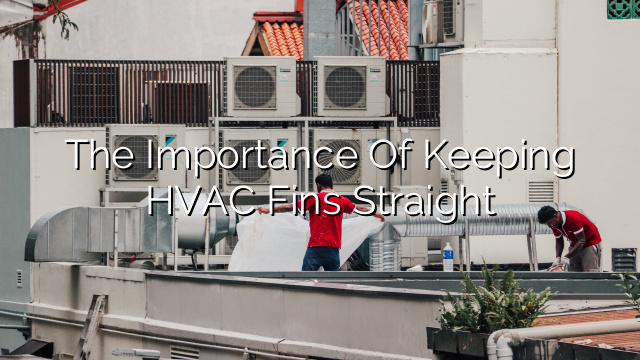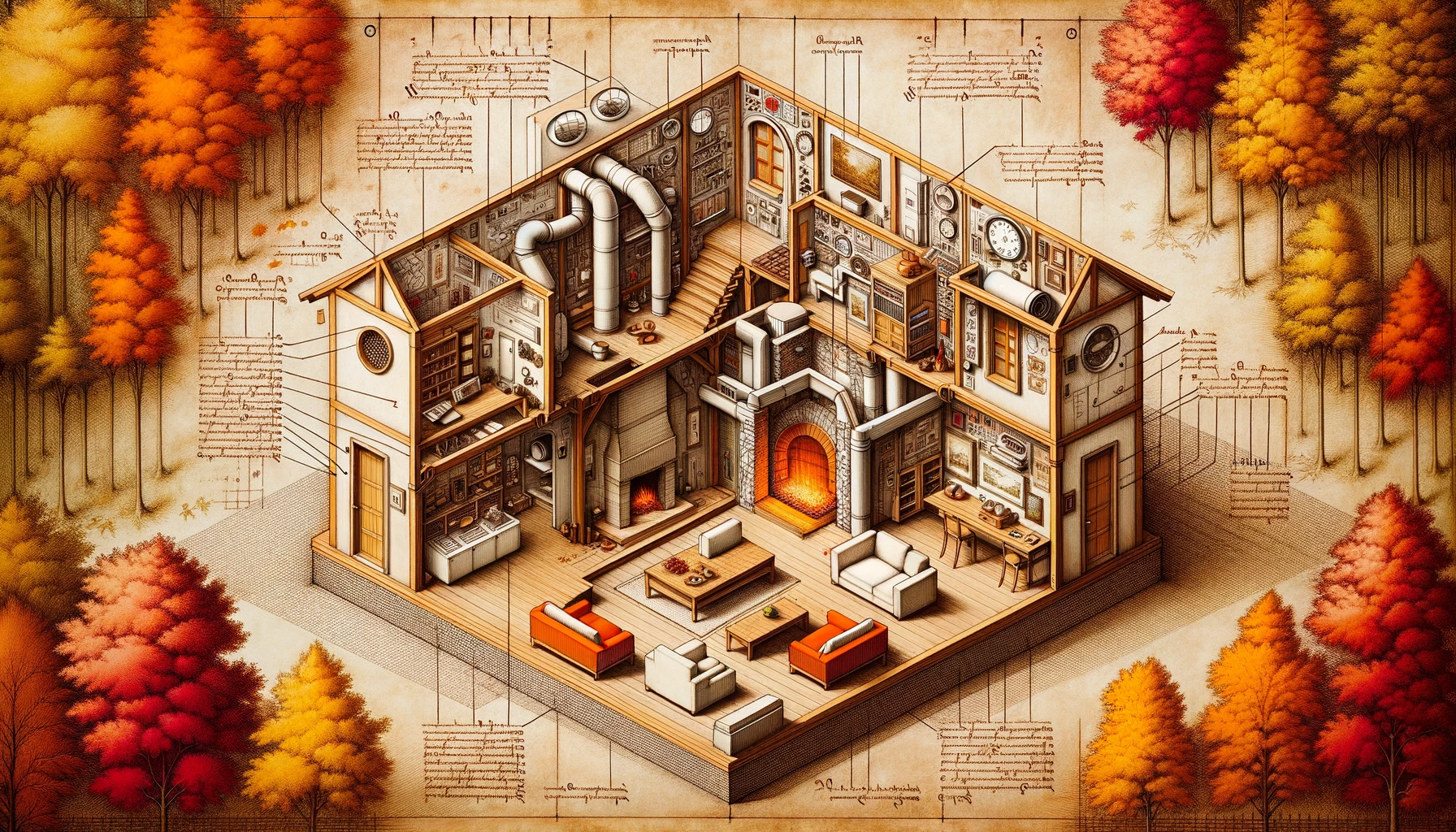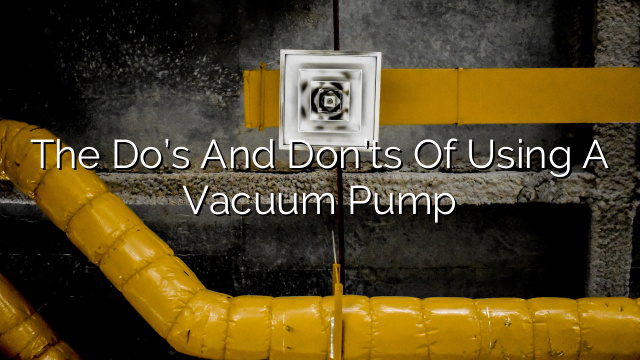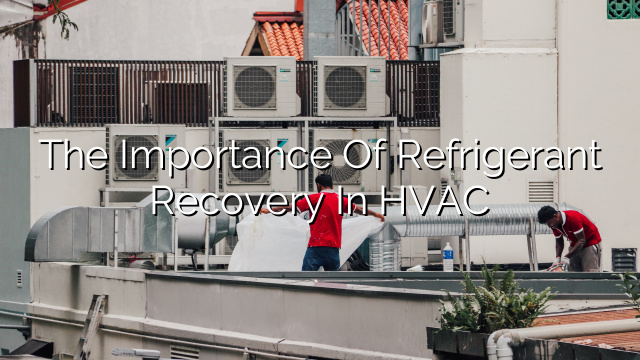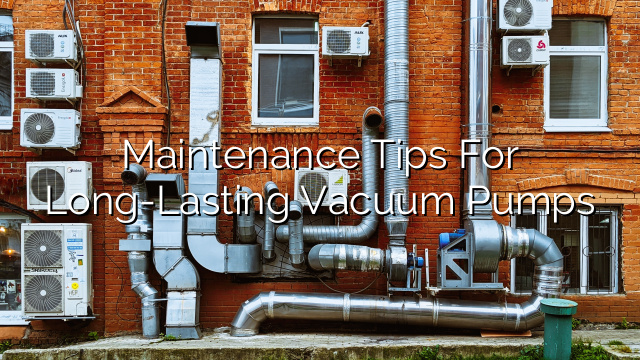Introduction to HVAC Maintenance
Ensuring that your Heating, Ventilation, and Air Conditioning (HVAC) system runs efficiently is crucial for maintaining a comfortable living environment, reducing energy consumption, and prolonging the lifespan of your unit. Regular maintenance can save you from unexpected breakdowns and costly repairs. In this comprehensive guide, we’ll go over the essential tools you’ll need, provide clever cleaning tips, and delve into eco-friendly practices that can enhance your HVAC maintenance routine.
Essential Tools for HVAC Maintenance
Before diving into maintenance, ensure you have the following tools on hand:
- Voltage Tester: To ensure safety when working with electrical components.
- Insulated Screwdrivers: For opening panels and securing electrical connections.
- Fin Comb: To straighten any bent coil fins.
- Refrigerant Gauges: For checking the levels of your HVAC’s refrigerant.
- Vacuum Pump: Necessary for removing moisture and air from the refrigerant system.
- Brushes and Cleaning Cloths: For cleaning various components such as coils and fans.
- Foaming Coil Cleaner: To dissolve dirt and debris from evaporator and condenser coils.
- Replacement Filters: Always have a few on hand to replace dirty filters.
Powerful, yet Safe, Cleaning Agents
When selecting cleaning agents, it’s important to choose those that are effective without being overly harsh. Organic or biodegradable cleaners can be powerful allies in your maintenance toolkit while keeping the environment in mind.
Clever Cleaning Tips for a Spotless HVAC System
Maintaining your HVAC system involves thorough cleaning. Follow these tips for a cleaner system:
- Change the Air Filters Regularly: Depending on the type of filter and the air quality in your area, you should change your filters every 1-3 months.
- Clean the Evaporator and Condenser Coils: Use a foaming coil cleaner and a soft brush to gently remove the debris without damaging the fins.
- Inspect and Clean the Drainage System: Clear any blockages in the drain line to prevent water overflow and potential damage to your system.
- Keep the Outdoor Unit Free from Debris: Remove leaves, dirt, and other debris from around the unit to ensure proper airflow.
- Ensure Proper Insulation on Refrigerant Lines: Replace any worn insulation to maintain system efficiency.
Dealing with Ductwork
Clean ductwork contributes significantly to the air quality of your home and the efficiency of your HVAC system. Use a high-powered vacuum and brushes specifically designed for duct cleaning. Consider hiring a professional if you’re not comfortable doing it yourself or if your ducts haven’t been cleaned in several years.
Eco-Friendly Practices for HVAC Maintenance
Eco-friendly maintenance is not only better for the environment but can also lead to reduced utility bills. Here are some sustainable strategies:
- Invest in a Smart Thermostat: Smart thermostats adjust the temperature based on your schedule and preferences, leading to energy savings and reduced wear on your HVAC system.
- Seal and Insulate Your Home: Proper sealing and insulation mean your HVAC system doesn’t have to work as hard, which saves energy and reduces your carbon footprint.
- Use High-Efficiency Air Filters: These filters catch more contaminants and keep your system clean, which improves efficiency and reduces energy usage.
- Schedule Regular Professional HVAC Maintenance: Technicians can optimize your system for peak performance, catching issues before they become major problems.
- Upgrade to an Energy-Efficient HVAC System: If your HVAC system is old, consider replacing it with a more efficient model that uses less energy and refrigerants that are less harmful to the environment.
Renewable Energy Sources
Integrating renewable energy sources such as solar panels can significantly reduce your HVAC system’s impact on the environment. While the initial investment can be considerable, the long-term savings and environmental benefits are worth considering.
FAQ Section
Here are some frequently asked questions pertaining to HVAC maintenance:
How often should HVAC maintenance be performed?
Ideally, HVAC maintenance should be performed twice a year, once in the spring for the cooling system and once in the fall for the heating system.
Can I perform HVAC maintenance myself?
Certain tasks, such as changing air filters or cleaning coils, can be done by homeowners. However, for more complex tasks like checking refrigerant levels or electrical connections, it’s best to hire a professional.
What are the signs my HVAC system requires maintenance?
Common indicators include unusual noises, poor performance, higher than normal energy bills, or uneven temperatures throughout your home. If you notice these signs, schedule maintenance as soon as possible.
Is it really necessary to hire a professional for HVAC maintenance?
While some maintenance tasks can be DIY, professional HVAC technicians have the expertise and equipment necessary for more complex checks and repairs. Regular professional maintenance ensures your system operates efficiently and safely.
What is the impact of not maintaining my HVAC system?
Neglecting HVAC maintenance can lead to decreased efficiency, higher energy costs, poor indoor air quality, and potentially costly breakdowns and repairs.
Are there any energy-saving tips for HVAC maintenance?
In addition to the eco-friendly practices mentioned, consider installing ceiling fans to help circulate air, using window treatments to reduce heat gain during summer, and ensuring your home’s windows and doors are properly sealed.
Maintaining your HVAC system is a vital part of home ownership. With the right tools, clever cleaning techniques, and a commitment to eco-friendly practices, you can ensure that your system runs smoothly for years to come, providing a comfortable environment for your family while also doing your part for the planet.




